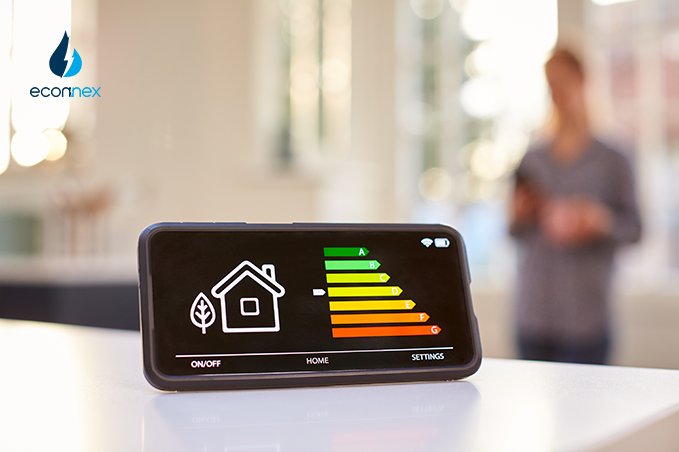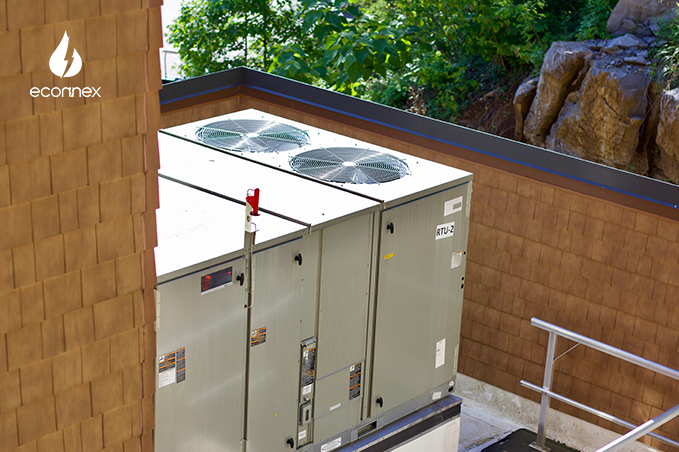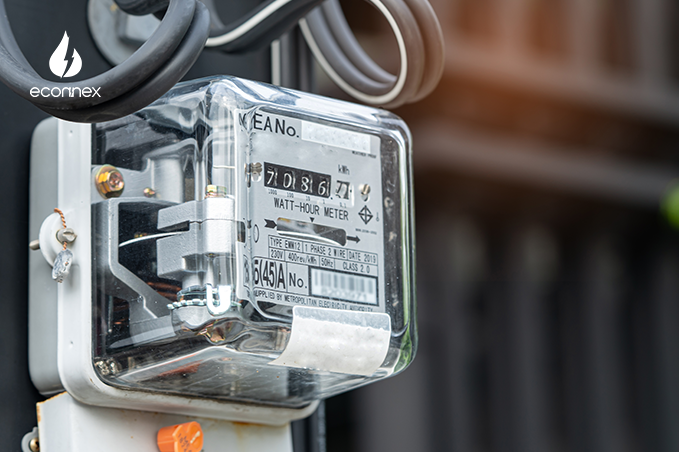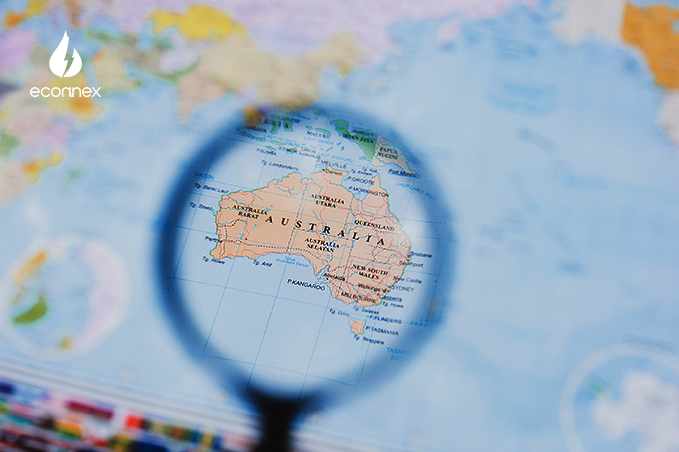Explore the factors affecting average power consumption in Australian homes and how Econnex Comparison can help you save. Find the energy plan that suits you!

Published on 11/03/2024
By Unknown
Energy Comparison
Considering the shifting landscape of Australian power prices and plans, it has never been more important to understand your household's power needs. You may have wondered how your power consumption compares to other comparable households; both those in the same area as you and interstate. Let’s dive into the complexities of calculating averages for household power consumption, considering important factors such as climate, household size, and additional amenities like pools and electric vehicles.
Firstly, let's establish a general baseline. According to data published by the Australian Power Regulator in 2020 (due to be updated in 2023), the nationwide average for a household of three people is 18.71 kilowatt-hours per day (kWh/day). For a household of four people, this figure increases to 21.355 kWh/day, and for households with five or more people, the average power consumption rises to 25.43 kWh/day.
However, these figures provide a general overview and do not account for the different factors that can significantly affect your individual household's power use. There are various features, amenities and habits that may result in a substantially higher or lower average daily consumption for your household as compared to the baseline.
Also, the averages fluctuate between seasons. While the annual daily average energy consumption for a household of four in Sydney is 20.0340 kwh/day, you’re likely to use more than that during energy-intensive seasons such as Winter (with an average of 23.34 kwh), and less in the temperate months of Spring (17.88 kWh/day) or Autumn (18.66 kWh/day).
Let’s dive a bit deeper.
One of the most influential factors in determining daily average power consumption is the location (and accompanying climate) you live in. Separate regions in Australia experience distinctly different weather patterns, which can lead to significant variations in power usage from one region to the next.
Let's take a closer look at two Australian capital cities: Melbourne and Hobart. Melbourne, with its more temperate climate (relatively speaking), records an average power consumption of just 13.910 kWh/day for a household of three. In contrast, Hobart, known for its colder climate, registers a significantly higher average of 25.959 kWh/day for the same sized household.
Why is the difference so pronounced? Melbourne's milder weather means residents rely less on heating and cooling systems, resulting in lower power consumption. Meanwhile, Hobart's chillier climate necessitates more power-intensive heating solutions, causing higher consumption rates (especially during the Winter months).
While household size is a crucial factor in power consumption, it's essential to recognize that other elements come into play. Let's consider two households: one with two people, an electric vehicle, and a swimming pool, and the other with four people but without these additional amenities.
The household of two with the electric vehicle and pool may actually end up consuming more power than the house of four, due to the demands of charging that EV and maintaining the pool.
Discover simple energy-saving strategies to reduce your daily power consumption and save on your bills.
The shift towards renewable energy sources is picking up steam in Australia. Here are a few renewable energy options to consider, that may end up reducing your household energy costs:
To encourage energy efficiency and the adoption of renewable energy, the Australian government and various state governments also sometimes offer incentives and rebates:
To embark on your journey toward greater energy efficiency and sustainability, start with a home energy audit. This assessment will help you identify areas where improvements can be made. You can conduct a basic audit yourself by reviewing your energy bills and inspecting your home for leaks and inefficient appliances. For a more comprehensive audit, consider hiring a professional energy assessor.
Once you've identified areas for improvement, create a plan to implement energy-saving measures and consider the feasibility of renewable energy options. Remember that investing in energy efficiency not only benefits the environment but also saves you money in the long run by reducing your energy bills.
In a world where sustainability and energy conservation are becoming increasingly important, making these changes not only benefits you as a homeowner but also contributes to a greener and more sustainable future for Australia and the planet.
Looking for some advice to plan your home energy audit? Here are some steps to help you get started:
Understanding your household's power consumption is a crucial step towards making informed decisions about your power usage and costs. While national averages provide a useful starting point, it's essential to account for climatic differences, the presence of electric vehicles and pools, and other factors that uniquely shape your individual power needs.
By taking a proactive approach to managing your power consumption, you can not only reduce your environmental footprint but also make significant savings on your power bills. Remember, your power usage is not set in stone; it's a behavioral pattern that you can optimize for efficiency and sustainability.
Now that we've discussed the complexities of average power consumption, you might be wondering how to optimize your energy expenses. The good news is that there's a practical solution with Econnex Comparison.
Econnex Comparison is your trusted partner in navigating the intricate world of energy plans. We understand that every household is unique, with its own set of energy requirements. Our mission is to empower you to make well-informed decisions that not only cater to your needs but also potentially lead to significant savings. Access unbiased and informative comparison on our intuitive platform, and sign up online, in minutes. No third-party links, no sponsored products.
With Econnex by your side, a better deal might be just around the corner.



